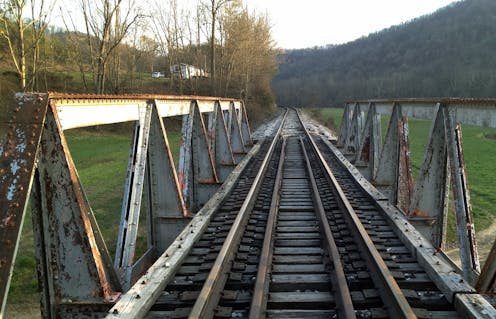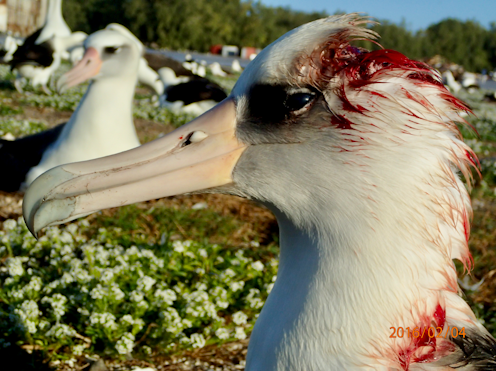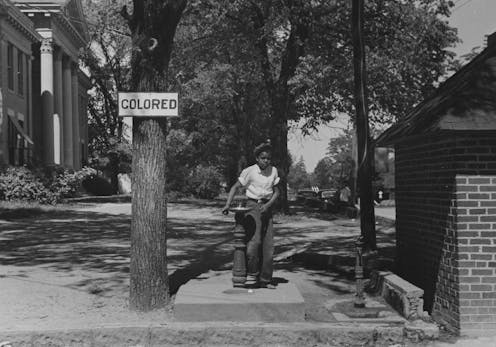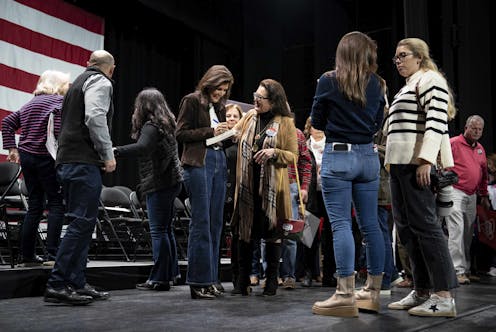3D printing promises more efficient ways to make custom explosives and rocket propellants
- Written by Monique McClain, Assistant Professor of Mechanical Engineering, Purdue University
 3D printing can be used to build with all kinds of materials – even those that go 'boom.'kynny/iStock via Getty Images
3D printing can be used to build with all kinds of materials – even those that go 'boom.'kynny/iStock via Getty ImagesImagine you’re driving to work on a rainy day, when a distracted, reckless driver hits your car out of nowhere. With a “boom,” an air bag deploys faster than you can blink your eyes to save your life.
That...
Read more: 3D printing promises more efficient ways to make custom explosives and rocket propellants











